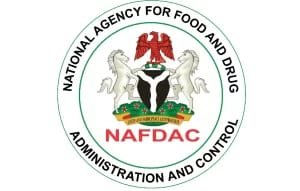

By Gom Mirian
The National Agency for Food and Drug Administration and Control, (NAFDAC) has called for a synergy between the Nigeria and India Pharmaceutical sector with a view to providing unhindered access to medicines that are safe, efficacious, affordable and of required quality.
NAFDAC Director General, Prof. Mojisola Adeyeye made the call at the India-Nigeria Pharmaceuticals and Health Industry forum held in Lagos with the aim of providing concrete steps towards birthing, actualizing, and strengthening mutual benefits for pharmaceutical business in both countries.
Mrs. Adeyeye noted the prognosis for pharmaceutical business in Nigeria and India, the population dynamics and associated health indices provide a common baseline for strong synergy between both countries.
She said it’s without any iota of hesitation to state that these indicators are reasons why the regulatory landscape between both countries must of necessity be explored for the good of their citizens.
A statement by the Resident Media Consultant to NAFDAC, Sayo Akintola, in Lagos on Tuesday, stated that Adeyeye also noted a strong correlation in economic indices in both countries, which places them on the list of World Bank emerging markets, thus creating objective evidence and the need for mutuality and strong bilateral cooperation.
According to her, no single country, no matter how endowed, can meet all of its national drug needs, and yet the universal health coverage within the context of the sustainable development goals must be achieved.
Adding that one expedited mechanism for meeting essential drug needs is through a proposition for mutually beneficial cooperation between regulatory agencies.
She said Nigeria was a huge beneficiary of this during the last global pandemic when a substantial quantity of COVID-19 vaccines was obtained from Serum Institute India.
She further noted that this was typically made possible through the active intervening role of the India National Regulatory Authority NRA (The Central Drugs Standard Control Organization (CDSCO).
As a responsible National Regulatory Agency, Prof. Adeyeye, however, said that NAFDAC will continue to forge meaningful alliance within the confines of its mandate, relevant legislation, and in line with global best practice.
She warned that a situation where unscrupulous persons or manufacturers under the guise of convergence and cooperation, knowingly or unknowingly, engage in clandestine practices that violate extant regulations which constitutes significant risks to public health will not be treated with kid gloves.


